Whither Developmental SADC?
Date: 20 March 2024
Time: 114:00- 15:30 (SAST)
Link: https://www.youtube.com/watch?v=-myi-Y4OLWc
Overview: The Institute for Pan-African Thought and Conversation (IPATC) at the University of Johannesburg (UJ) invites you to its Wasomi Wa KiAfrika book club to discuss “Developmental Integration and Industrialisation in Southern Africa” authored by Siphumelele Duma. The theme of the discussion is “Whither Developmental SADC”. The Southern African Development Community (SADC) is one of the African continent’s Regional Economic Communities (REC), through which it seeks to establish the African Economic Community (AEC), as provided in the Abuja Treaty. SADC was established in 1980 and was formerly known as the Southern African Development Coordination Conference (SADCC). It only became a development community in 1992, after its transformation, which was done to allow it to deal with the developmental issues of the southern African region. The SADC Treaty noted that this transformation resulted from a desire to achieve development, economic growth and industrialisation (among other objectives). After its transformation in 1992, SADC focused on developmental integration, with industrialisation as one of its key objectives. Thus, developmental integration is an approach to regional integration that SADC adopted during its transformation to deal with the developmental challenges of the region. The discussion seeks to ponder the following question:
- How has the region’s quest for industrialisation and sustainable development fared over the past 30 years since the organisation’s transformation?
- What are the major challenges to the region’s poverty alleviation agenda?
- Why is the developmental approach to regional integration desirable for developing regions like SADC?
- What accounts for lower intra-SADC trade?

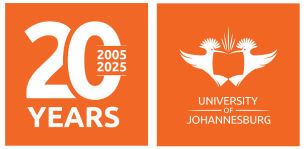


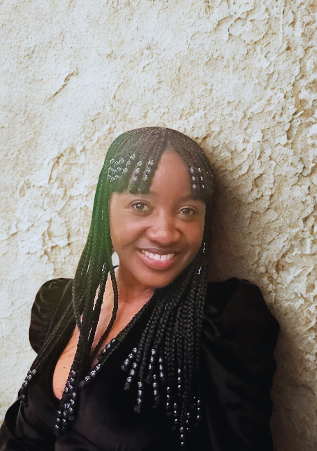
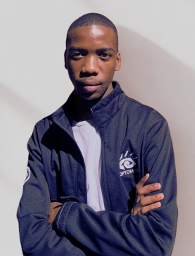



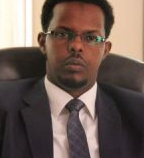
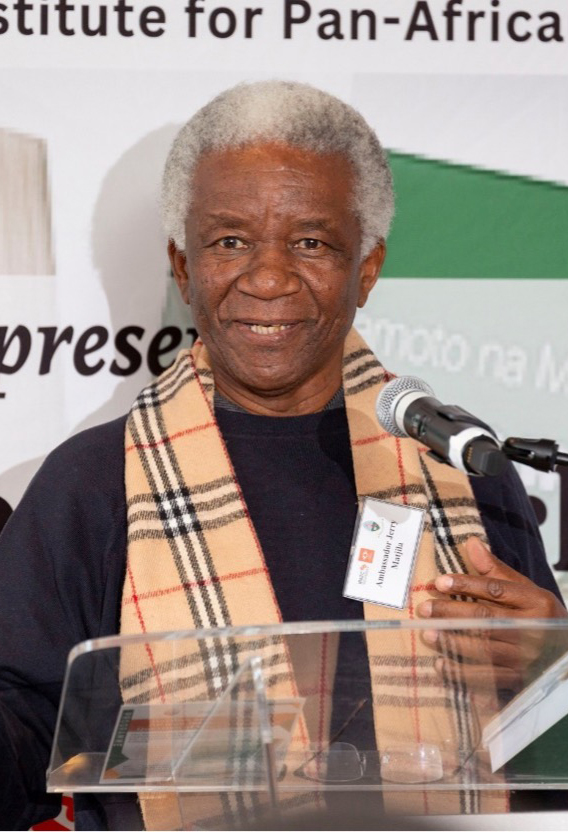
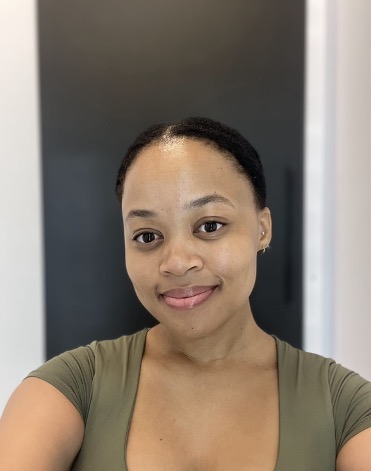
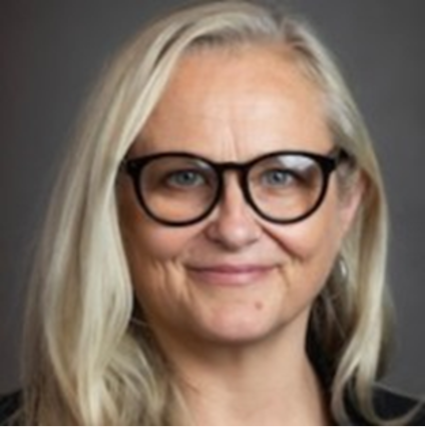
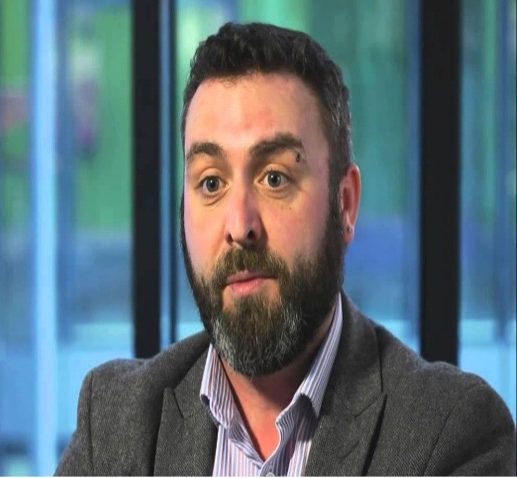
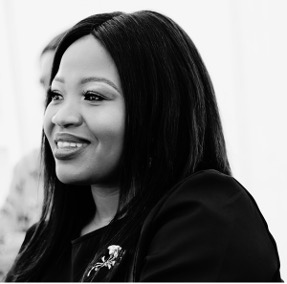


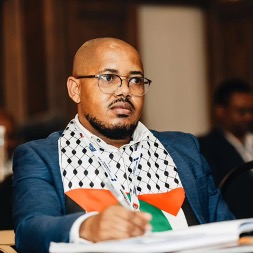

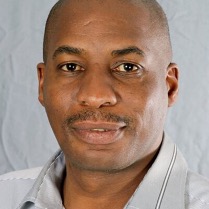

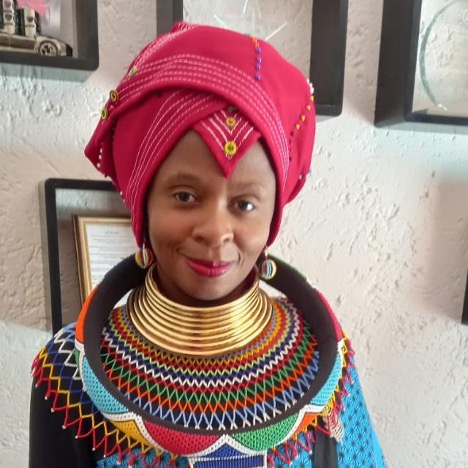


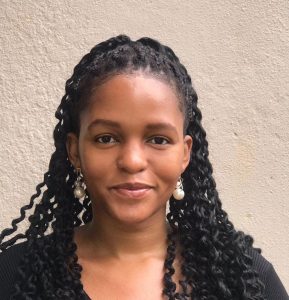
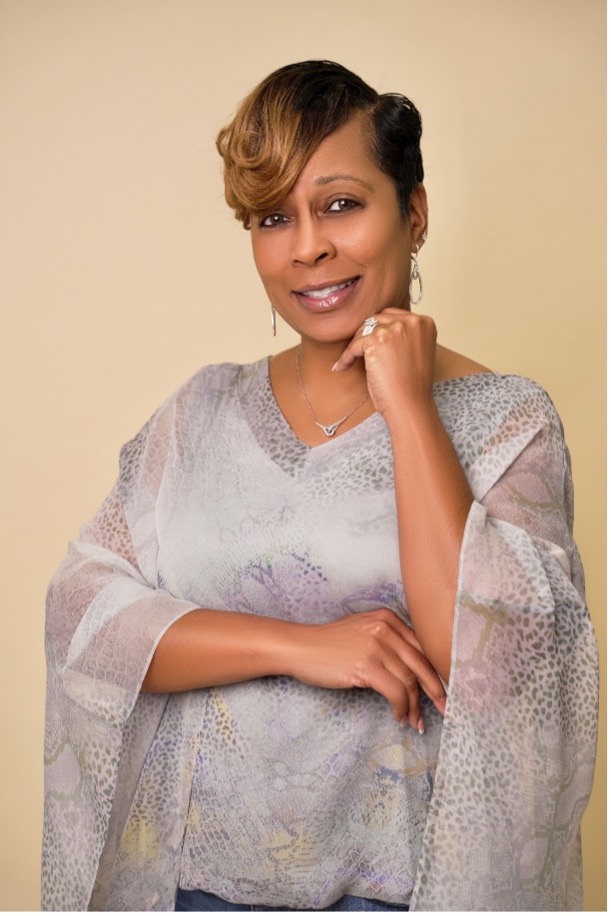
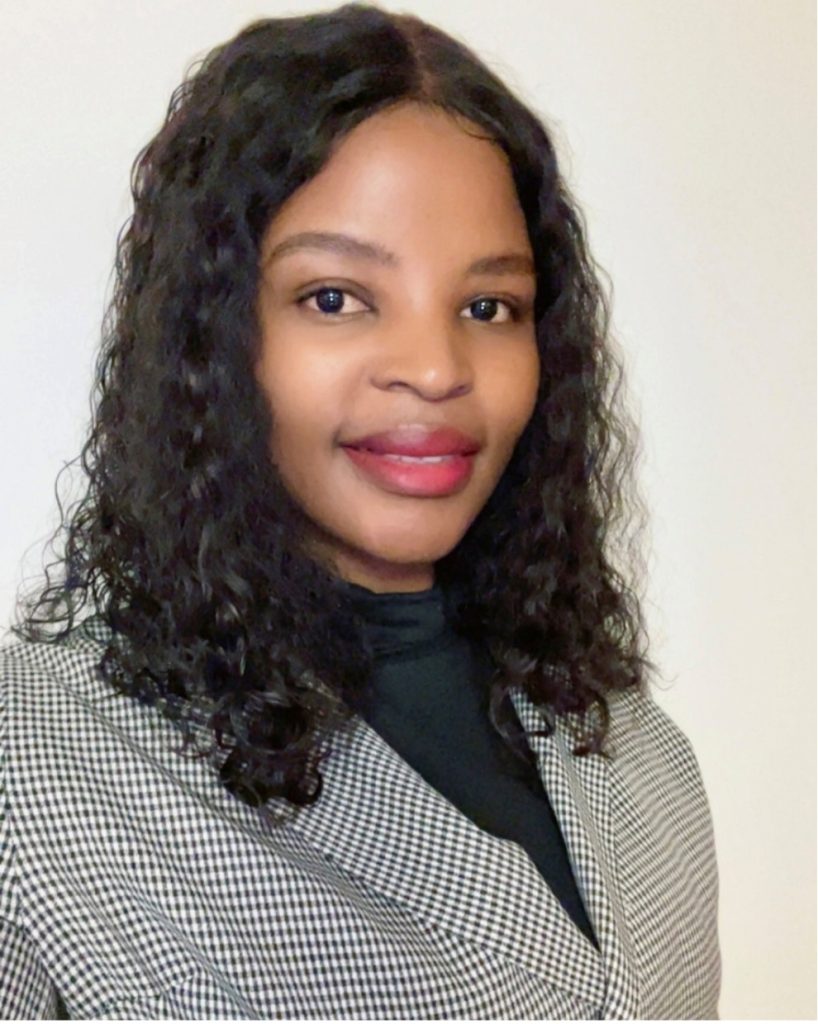
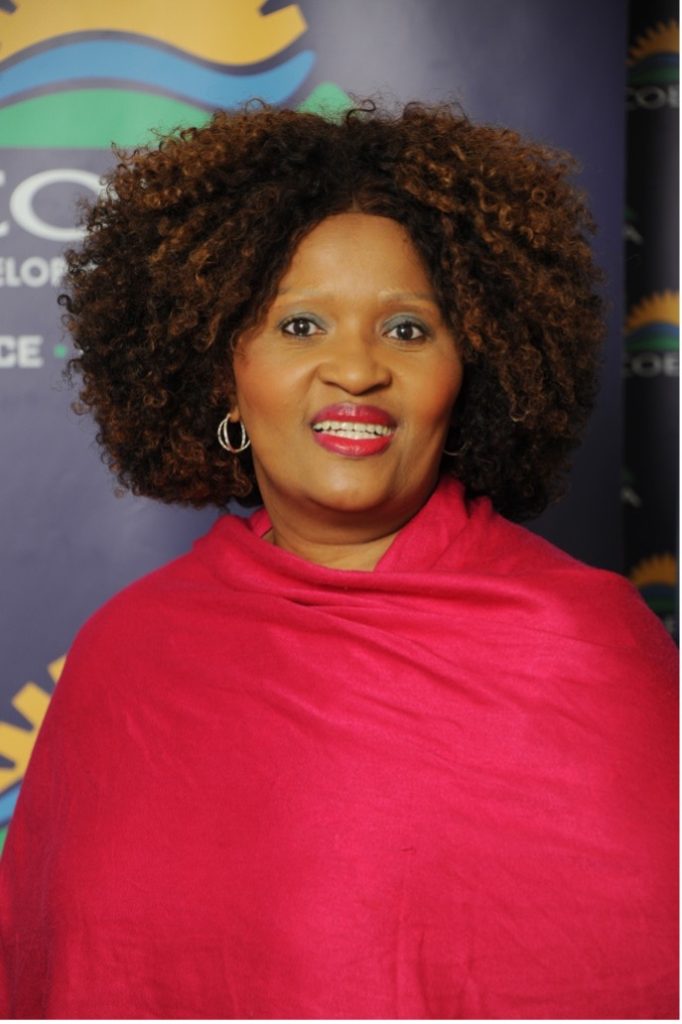





























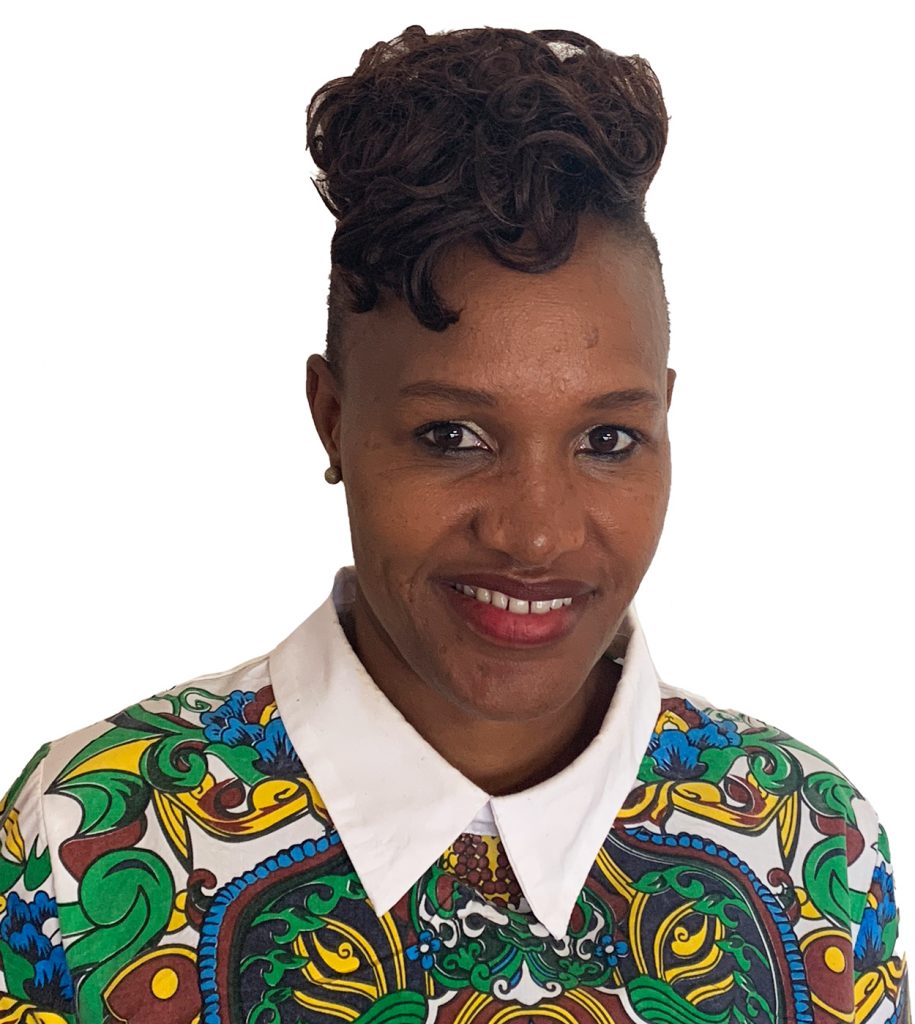

 Ms Zoliswa Ntsoko (South Africa) is the Institute’s Administrative Assistant who assists with general administration and research. She is a seasoned professional with a background in Disaster Management. She holds an Advanced Diploma in Management from Milpark Business School, and a Post Graduate Diploma in Public Management from Regenesys Business School. She also holds certificates in Project Management, and in Disaster Management. Previously, she has worked as a Disaster Management Specialist at the City of Johannesburg – Disaster Management Centre.
Ms Zoliswa Ntsoko (South Africa) is the Institute’s Administrative Assistant who assists with general administration and research. She is a seasoned professional with a background in Disaster Management. She holds an Advanced Diploma in Management from Milpark Business School, and a Post Graduate Diploma in Public Management from Regenesys Business School. She also holds certificates in Project Management, and in Disaster Management. Previously, she has worked as a Disaster Management Specialist at the City of Johannesburg – Disaster Management Centre. Ms Cecilia Lwiindi Nedziwe-Moyo is the Research Coordinator at the Institute for Pan-African Thought and Conversation. She previously served as a Regional Coordinator at the Centre for Peace Initiatives in Africa (CPIA) in Zimbabwe between 2007 and 2013. She completed her master’s degree in International Studies, Peace, and Conflict Resolution at the University of Queensland in Australia as a Rotary Peace Scholar. She has just completed her doctoral studies at Rhodes University. Her areas of interest include: gender, foreign policy, regional organisations and conflict resolution.
Ms Cecilia Lwiindi Nedziwe-Moyo is the Research Coordinator at the Institute for Pan-African Thought and Conversation. She previously served as a Regional Coordinator at the Centre for Peace Initiatives in Africa (CPIA) in Zimbabwe between 2007 and 2013. She completed her master’s degree in International Studies, Peace, and Conflict Resolution at the University of Queensland in Australia as a Rotary Peace Scholar. She has just completed her doctoral studies at Rhodes University. Her areas of interest include: gender, foreign policy, regional organisations and conflict resolution.



 Ms Thembeka Somtseu is a seasoned professional with a background in the textile and construction sectors. She holds a National Diploma in Business Administration from the Durban University of Technology, and studied Development Communication and Media Studies at the University of the Witwatersrand. She worked as a corporate communications specialist for more than ten years, serving in both local and multinational companies.
Ms Thembeka Somtseu is a seasoned professional with a background in the textile and construction sectors. She holds a National Diploma in Business Administration from the Durban University of Technology, and studied Development Communication and Media Studies at the University of the Witwatersrand. She worked as a corporate communications specialist for more than ten years, serving in both local and multinational companies.